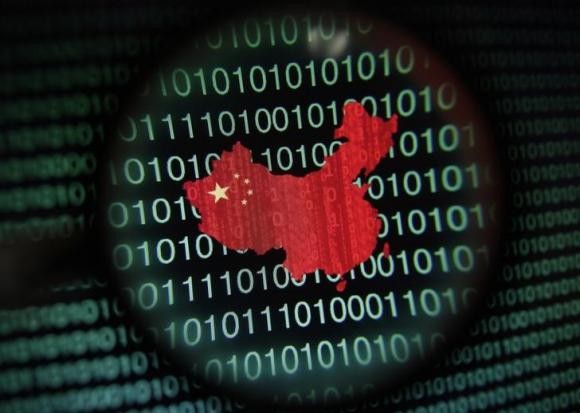Dated Feb. 4, a second letter from a consortium that includes U.S. technology companies arrived in Washington this week, as the pressure intensifies upon President Xi Jinping's new cybersecurity regulations that were outlined in a 44-page document at the end of 2014.
The first letter was addressed to Beijing and was sent last week, as the "significant irritant" of cybersecurity that Reuters described on Friday threatens to overwhelm the already burdened relations between China and the U.S.
The new regulations only affect China's banking sector at this stage, as the eastern nation's financial institutions rely upon foreign technology to maintain systems for a massive customer base. The sheer immensity of the patronage that China's banks serve on a constant basis has been provided as a foremost reason for why the Chinese government is not seeking to eject foreign technology businesses after it steals their sensitive information.
A leading Chinese technology expert told the media last week that his country simply does not have the capacity at this point in time to substitute the sophisticated products provided by big technology names like Qualcomm.
However, the intent of an increasingly self-reliant China remains unclear for overseas brands and industry groups, like IBM and the Semiconductor Industry Association, who have raised strong objections to China's insistence upon "secure and controllable" technology and software.
According to Beijing's new rules, products and services sourced from outside China must be subject to "intrusive" security testing; employ indigenous Chinese intellectual property; use local encryption technology; be tailored to limit the external flow of data; and comply with security standards determined by Chinese authorities. Furthermore, companies must disclose source code and other proprietary information to the Chinese government.
While technology-company representatives were silent in the wake of this week's letter and implored to the White House to immediately engage with Beijing to "reverse these policies," a speaker from the BSA|The Software Alliance, whose membership includes Apple Inc., told the Wall Street Journal: "This is bad news for business on both sides of the Pacific."



























